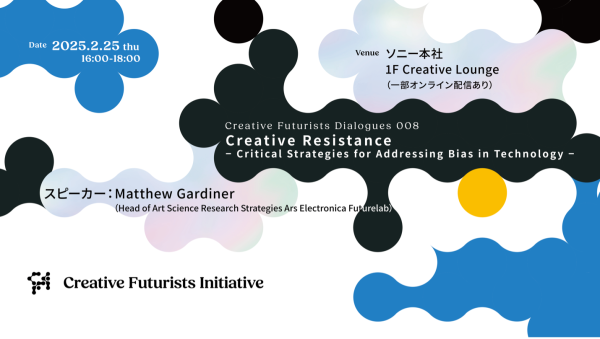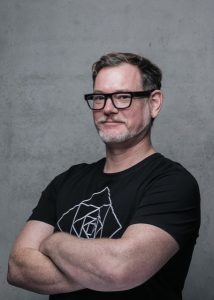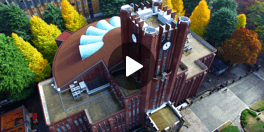February 25, 2025
東京大学 ✕ ソニーグループ 越境的未来共創社会連携講座Creative Futurists Dialogues 008 「『Creative Resistance』 – Critical Strategies for Addressing Bias in Technology – 」

東京大学とソニーグループが立ち上げたCreative Futurists Initiative(CFI、越境的未来共創社会連携講座)。本講座では、越境的未来共創を先導する方々をお迎えして先端的な活動を共有いただくと共に、参加者の対話の場としてCreative Futurists Dialoguesシリーズを展開しています。
第8回目のCreative Futurists Dialogues 008ではオーストリア・リンツに拠点を置く、アート、テクノロジー、社会を横断的につなぐ研究・教育を実施している文化研究機関であるArs Electronica Futurelabより、Head of Art Science Research StrategiesであるMatthew Gardiner氏をお迎えし、「Creative Resistance」と題した講義を開催いたします。
▼内容
Art has long served as a tool for critiquing power structures, and in the digital age, artists are at the forefront of exposing and challenging bias in technology. A key source to understand critical artistic strategies are works selected by the Prix Ars Electronica.
Critical strategies employed by artists resist various forms of technological bias, interrogating algorithmic discrimination, data surveillance, and other systemic inequalities embedded in digital systems.
By engaging artistic methodologies, Creative Resistance explores how artists challenge dominant narratives, offering alternative frameworks for more ethical and equitable technological futures.
Please note that the lecture will be conducted in English.
▼開催概要
【主催】東京大学 ✕ ソニーグループ 越境的未来共創社会連携講座
【日時】2025年2月25日(火)17:00-19:00
【会場】
・対面会場:ソニーグループ株式会社 本社1F Creative Lounge(受付開始 16:40)
・オンライン配信:Zoomによる配信を予定 ※開始前までにPeatixメッセージを通してURLを共有します。
【参加費無料】
要事前参加登録 https://cfd-008.peatix.com/
(東大生は受付にて学生証を確認させていただく可能性があります)
【プログラム】
詳細な時間割は後ほどアップデートいたします。
スピーカープロフィール

Matthew Gardiner
Head of Art Science Research Strategies, Ars Electronica Futurelab
Matthew Gardiner
Head of Art Science Research Strategies, Ars Electronica Futurelab
Gardiner’s role centres on building fluency and advocating the advancement of post-traditional research methods and new forms of knowledge. Central to this process is a fascination with questions that exist between domains, there’s nothing better than following a creative question into an entirely new line of inquiry.
Gardiner’s artistic practice flows between digital and physical mediums, playing in the in-between. Sometimes experiments lead to the digitalization of material phenomena and sometimes to the fabrication and programming of materials. The intersections, and emergent properties of the new object, field or device often reveal new inspirations, questions and the undiscovered.
Gardiner coined the field Art Science research field of Oribotics in 2003, his ongoing work explores the frontier of origami, folding and robotics.
▼Ars Electronica Linz GmbH & Co KG
A cultural research institution based in Linz, Austria, conducting research and education that connects art, technology, and society across disciplines. They manage several annual media-related awards, with the top Golden Nica award known as the “Oscar of the computer world.” The “Ars Electronica Festival,” which showcases award-winning works, attracts over 100,000 participants from around the world.
Ars Electronica: https://ars.electronica.art/about/en/
Ars Electronica Festival: https://ars.electronica.art/festival/en/
■Future Lab: https://ars.electronica.art/futurelab/en/
Ars Electronica Futurelab is a research and educational organization aiming to contribute to future society through the fusion of art and technology. They create projects and works that reveal the power of innovation born from cross-disciplinary efforts in art, technology, and social problem-solving. Their pioneering work includes the world’s first drone swarm flight show (Spaxels), serving as a catalyst for future innovation and social transformation.

